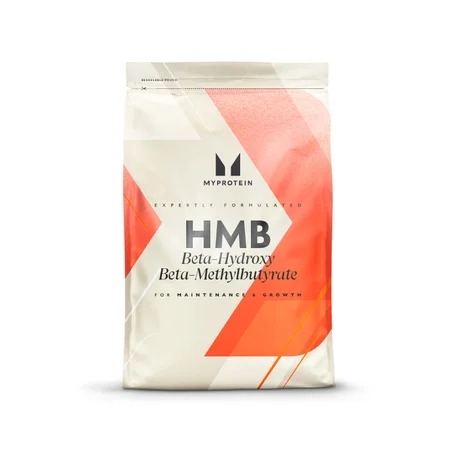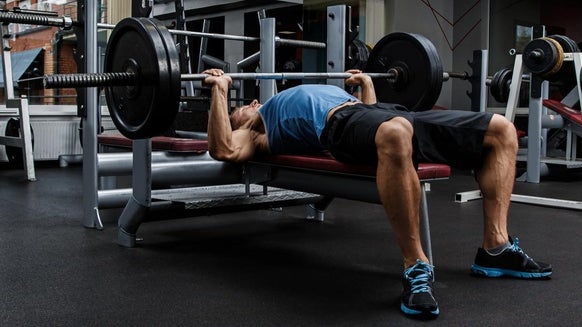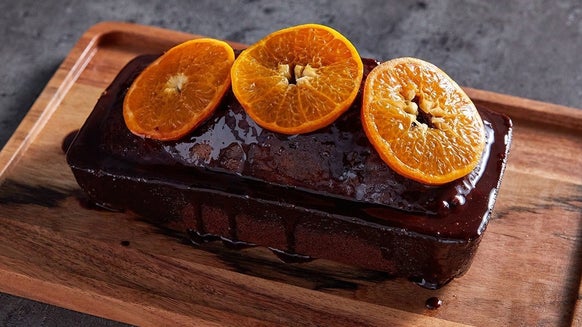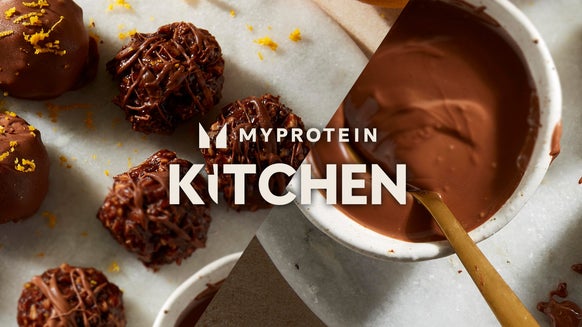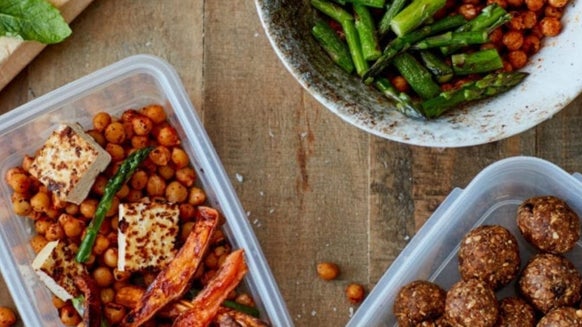Best Post-Workout Shake For Maximum Muscle Gain
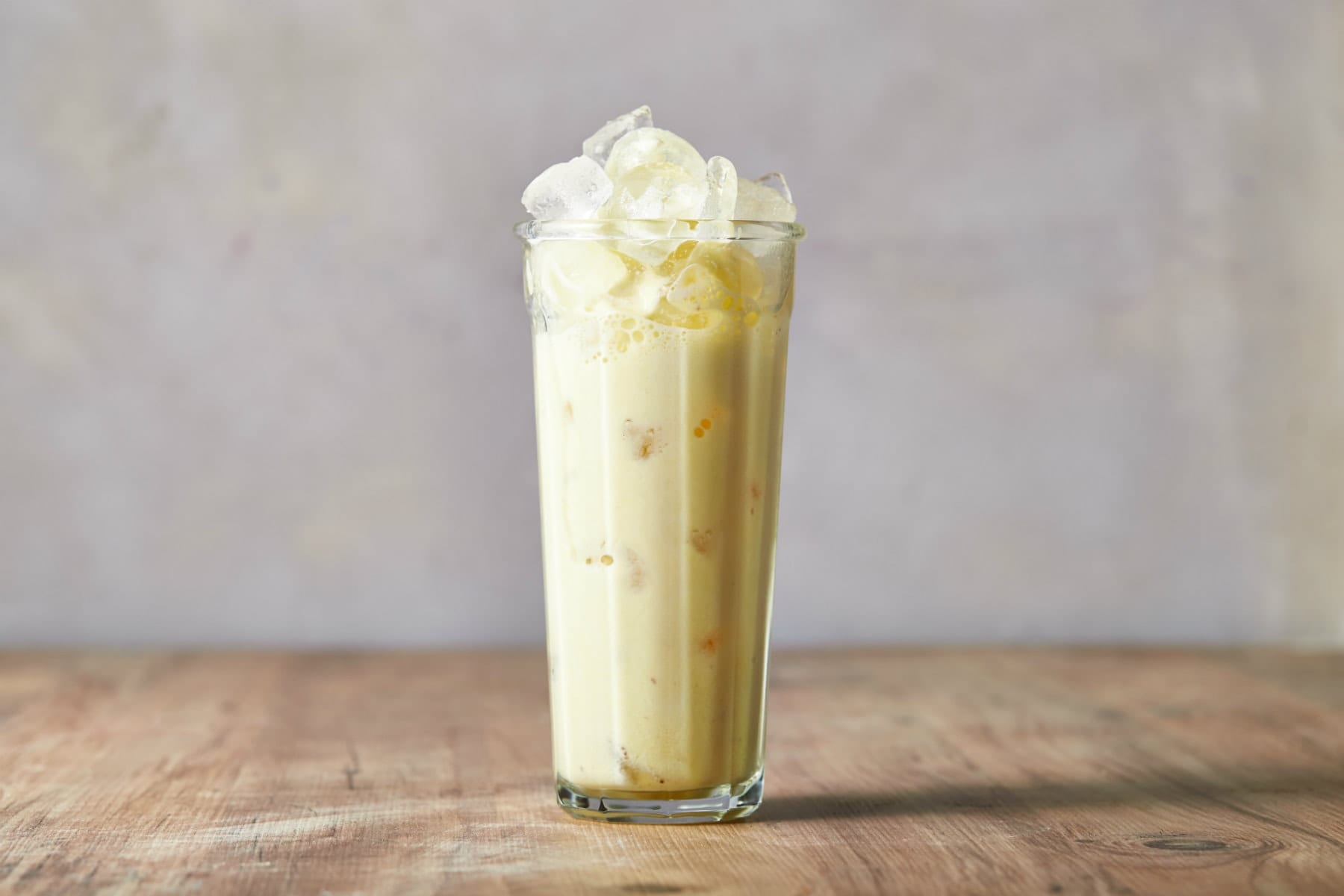
Add these ingredients to your post-workout shake to get the most out of your workouts.
To get the most out of your workouts, you need to properly fuel your body, and that means having the right post-workout nutrition, especially in your post-workout shake. Most people think all they need is protein powder after their workout, but there are lots of other supplements to take advantage of to power through your workouts, reduce your recovery time and maximise your gains.
Scroll to find out the best ingredients to put in your post-workout shake.
Click to jump straight to the

Ingredients
Your body requires specific nutrients after a workout for optimum muscle growth, like protein, high GI carbohydrates and specific amino acids. Click on each ingredient to find out why you should take them your post-workout shake:
Maltodextrin is a high glycaemic index (GI) carbohydrate, usually in powder form to add to your shakes.
It's used to aid muscle recovery and replete muscle glycogen stores by athletes and those looking to pack on some muscle. The best time to consume high GI carbohydrates like maltodextrin is directly after your workout in a post-workout shake.
L-Leucine is an essential amino acid, which means it can’t be made by the human body and therefore must be consumed through the diet or from dietary supplements. It’s a branched-chain amino acid (BCAA) which, along with isoleucine and valine, makes up more than a third of muscle protein.
Leucine is the most investigated BCAA due to its important role in protein metabolism, exercise recovery, glucose homeostasis and insulin action1. For more than 35 years, research has shown that leucine reduces muscle breakdown1, and is believed to be most effective at supplementation of 15g or more per day.
HMB, or Beta-Hydroxy Beta-Methylbutyrate, is a metabolite of the branched-chain amino acid leucine.
Research has shown that HMB may be an effective performance aid for athletes and those engaging in regular exercise, by reducing delayed-onset muscle soreness (DOMS) and muscle damage, while increasing lean body mass, strength, peak onset of blood lactate accumulation and VO2 max1.
Protein consumption is crucial for anyone looking to increase muscle mass, as it's necessary to stimulate muscle protein synthesis (i.e. growth). Whey protein is a fast-absorbing milk-based protein – ideal for directly after a workout.
Research shows protein supplementation is important in increasing gains in fat-free mass and strength with resistance training2. It's recommended to consume approximately 1.6g protein (including from dietary sources) per kg of bodyweight per day.
Bananas are another high GI carbohydrate used to aid muscle recovery and replete muscle glycogen stores after a workout. They're also packed with potassium – an electrolyte which is proposed to reduce delayed-onset muscle soreness (DOMS)3.
- 200ml skimmed milk or water
Method
1. Simply place all ingredients in a blender and process until smooth.
2. Consume within 1 hour of your workout for maximum benefits.
Wilson, G. J., Wilson, J. M., & Manninen, A. H. (2008). Effects of beta-hydroxy-beta-methylbutyrate (HMB) on exercise performance and body composition across varying levels of age, sex, and training experience: A review. Nutrition & Metabolism, 5(1), 1. Morton, R. W., Murphy, K. T., McKellar, S. R., Schoenfeld, B. J., Henselmans, M., Helms, E., ... & Phillips, S. M. (2018). A systematic review, meta-analysis and meta-regression of the effect of protein supplementation on resistance training-induced gains in muscle mass and strength in healthy adults. Br J Sports Med, bjsports-2017. Connolly, D. A., Sayers, S. E., & McHugh, M. P. (2003). Treatment and prevention of delayed onset muscle soreness. The Journal of Strength & Conditioning Research, 17(1), 197-208.
NUTRITIONAL INFORMATION PER SHAKE
| calories | 426 |
| totalFat | 1 |
| totalCarbohydrates | 71 |
| protein | 39 |

